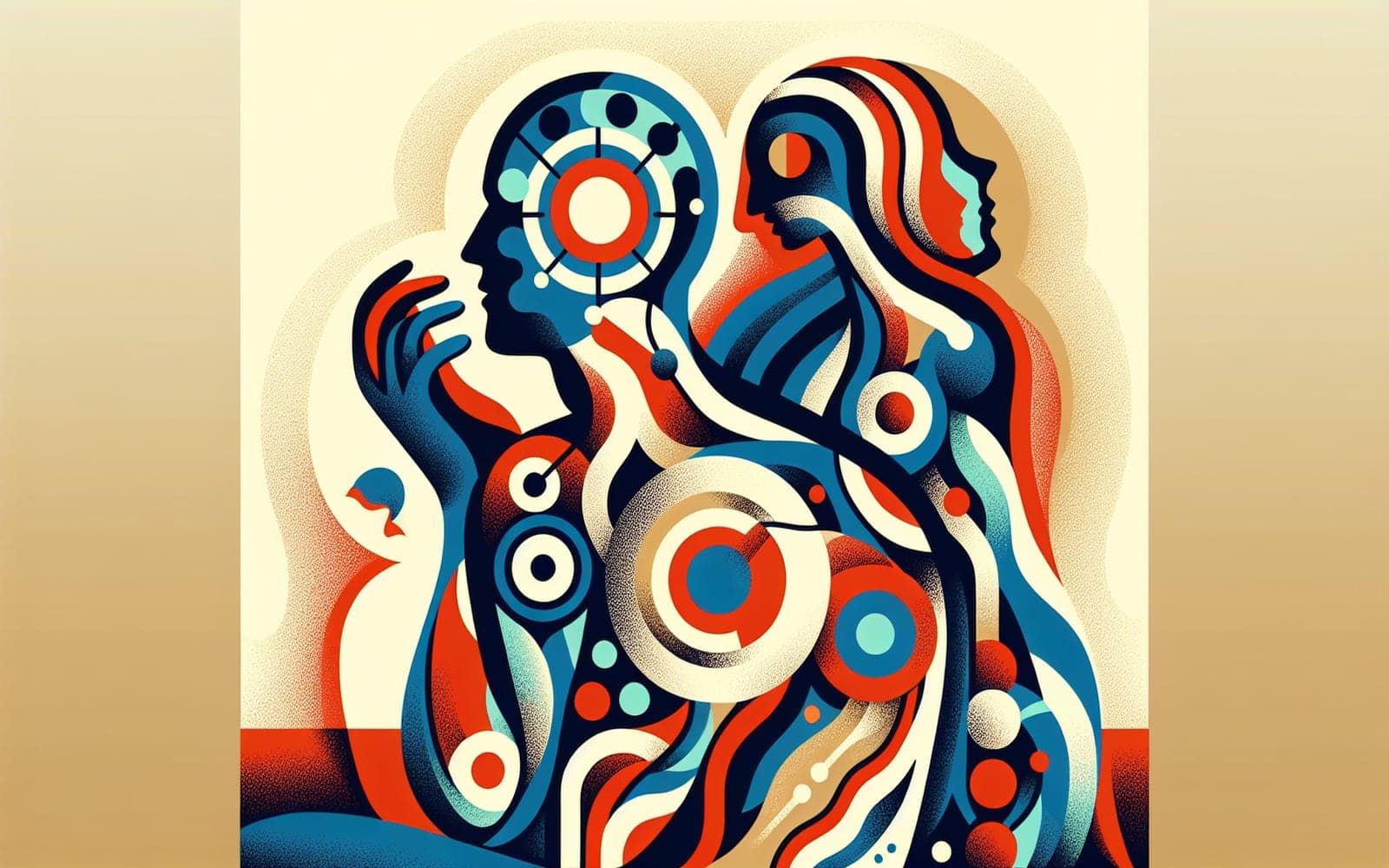Signs of Concern: Recognizing Symptoms of Male Sexual Dysfunction
Published: Aug 07, 2024
Recognizing symptoms of male sexual dysfunction can prompt timely intervention and improve quality of life.
Contents
Understanding Erectile Dysfunction
Erectile dysfunction (ED) is characterized by the inability to achieve or maintain an erection sufficient for sexual activity. It becomes more common with age and can be an indicator of other health issues. Recognizing ED early can lead to effective treatment and prevention of further complications.
Identifying Decreased Libido
A drop in sexual desire can be a sign of decreased libido, often linked to low testosterone, stress, or mental health issues. It's important to address these underlying causes to restore sexual interest and improve relationships.

Ejaculatory Disorders Explained
Premature ejaculation, delayed ejaculation, and anejaculation are common ejaculatory disorders. These conditions can cause distress and affect intimate relationships. Early diagnosis and treatment can help manage symptoms effectively.
Frequently Asked Questions
ED is the inability to maintain an erection for sexual activity.
Low libido can be caused by stress, low testosterone, or mental health issues.
It's a prevalent issue, affecting around 20-30% of men.
Yes, with proper diagnosis and therapy, they can be managed.
Key Takeaways
Recognizing and addressing symptoms early can lead to successful treatment and improved sexual health.
Concerned about symptoms? Consult with Doctronic for a thorough evaluation.Related Articles
References
Rosen RC, Fisher WA, Eardley I, et al. Prevalence and predictors of sexual dysfunction. JAMA 1999; 281:537.
Patrick DL, Althof SE, et al. Premature ejaculation: an observational study. J Sex Med 2005; 2:358.
Always discuss health information with your healthcare provider.

